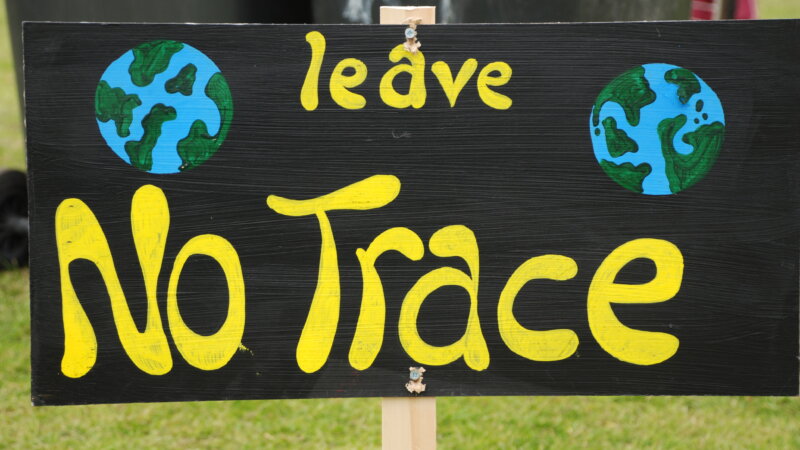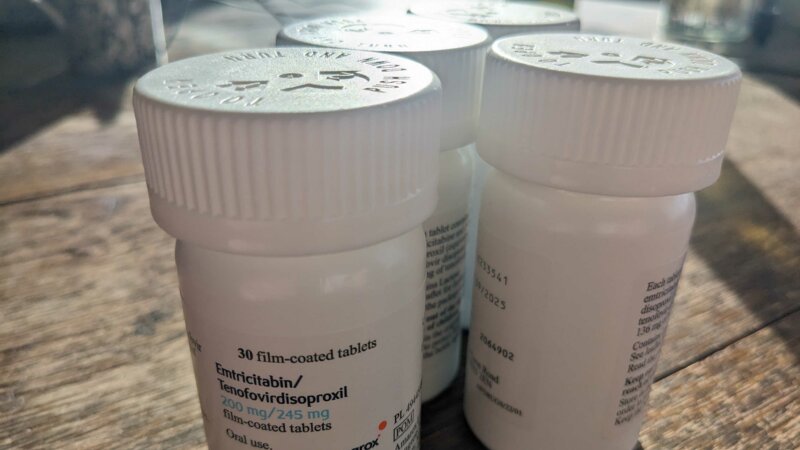Localcheck
New Year's Revolution
There's a weekly course just starting in Sheffield called Current Affairs, run by the Workers' Educational Association. It's a discussion of social, environmental, political and ethical issues. Course leader Paul Boizot says the idea is to get people thinking, questioning both received wisdom and their own beliefs, even if they're already activists. What will they find to talk about? Health and social programmes cut to the bone? Government selling public property to corporate asset-strippers? Another year of freak climate disasters and failed CO2 reduction in the clammy grip of the oil industry? Or the march of the arms dealers into our lives, our streets, and deeply into our taxes to refloat the Trident nuclear threat?
You know all this stuff is happening, and more. The state of the world stinks, so most people decide the problems are just too big. Who can blame them? But some don't give up at that point - they get activist. Like the Sheffielders who'll be on the CND coach to London for the Wrap Up Trident demonstration on 24 January. Like the good people in Global Justice Now, the campaigning network formerly known as the World Development Movement, and Hope for the Future, who are running a climate change training day on Saturday 31 January.
Activism isn't for everyone. We each decide our own life and priorities. We all struggle with time, responsibilities and choices. If you decide to join a pressure group, it takes guts. People don't understand why you spend your time on ‘some cause’. Even some family and friends won't agree with your views, and media stereotypes don't help. Campaigning at university is the start for some people, and there are also radical scholar activists. Sadly these are rare, and the situation is complicated. Do they just study movements for their own academic capital, or actually get involved? According to Max Haiven, writing in Roarmag earlier this year, ‘the reality is that universities have always been institutions of power and privilege whose primary social function is to sort knowledge and people’. Even Sheffield Hallam University, which opens a £27 million centre for social justice this month, pays some lecturers under zero-hour contracts. The irony wasn't lost as both news items were published at the same time. To work for socio-political change, research is necessary, and campaigners can often expose hidden information. Haiven describes it as the ‘radical imagination’ - social movements’ process of trying to understand the complexities of power and tactics in a fragmented and unjust world.
Even celebrities have woken up to global inequality. Comedian Chris Rock says, “If poor people knew how rich rich people are, there would be riots in the streets”. The media is now desperately trying to rubbish Russell Brand, but how can you stereotype a comic? Instead, listen to what he's saying and doing. His videos, The Trews, really hit the spot.
Brand's manic approach is OK as an act, but it takes calmness and maturity to avoid activist burnout or becoming over-zealous. Why try to be a solo activist? That way lies madness. Working with a group helps keep a sense of perspective, creativity and fun. Nor do you have to be radically anti-everything. The respected National Council for Voluntary Organisations points out that each year there are hundreds of effective actions by charities – influencing, advocacy or campaigning – which bring political change. Sheffield's Alt-Sheff website lists nearly 100 pressure groups of all kinds. And there are plenty of tactics to choose from, at least 198 ‘nonviolent weapons’ according to Gene Sharp– and that was in 1973, before the internet, mobiles and apps, so the only limit is imagination.
In an alienating and exploitative capitalist world, social movements aren't perfect. Arguments and personality clashes are predictable, but they also give friendship, meaning and value to our lives. Activists are inspired, empowered and generally feel less disenfranchised about the world around them, because action conquers defeatism. Even with problems far away, or issues so massive that solutions won't come in our lifetime, there's no reason not to act. Every campaign is made up of hundreds of actions as small as writing a letter. Think global - act local. There's little you can do? Well then, you have every right to do that little, and don't let anyone tell you otherwise.
alt-sheff.org )







